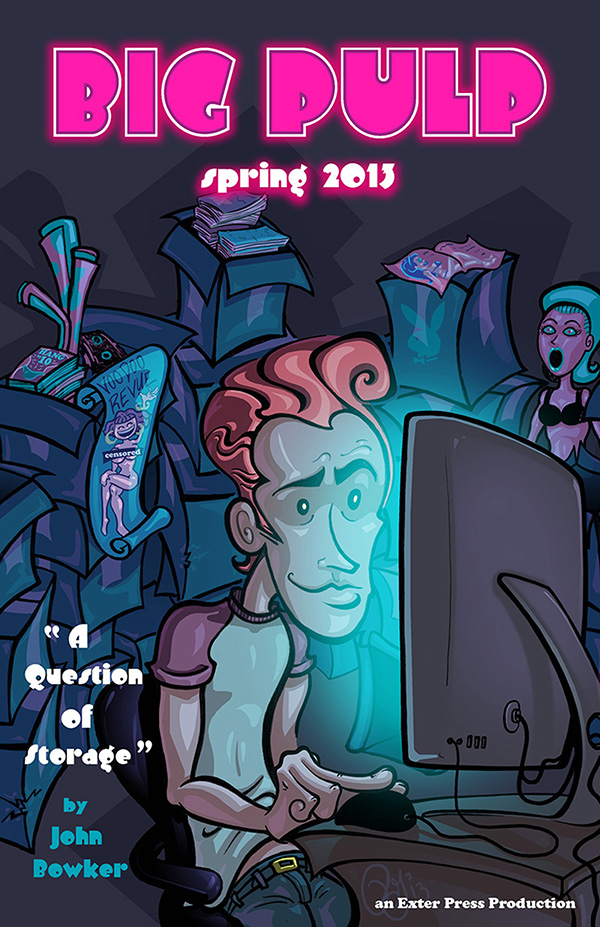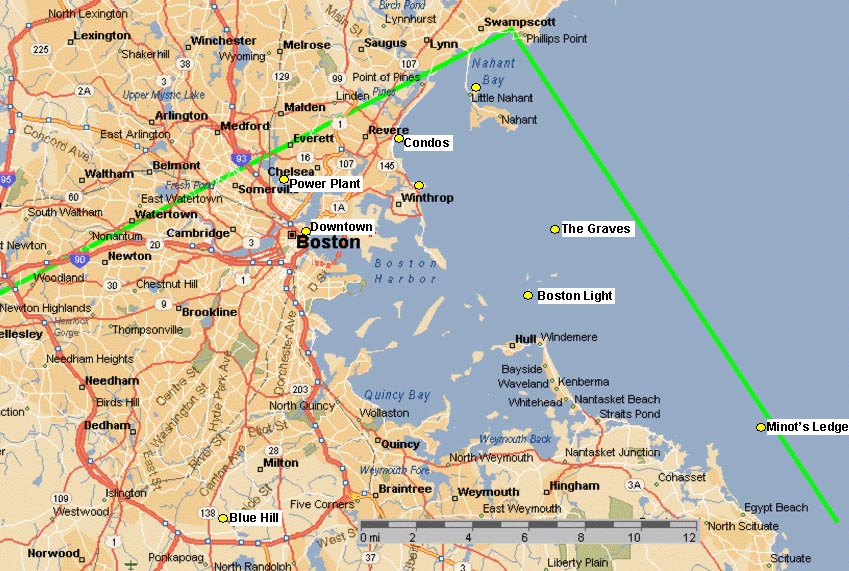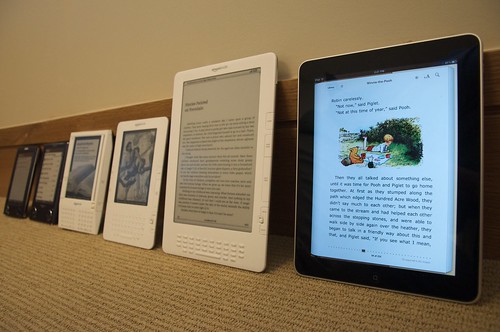What's AWP? Some Background
Every year the Association of Writers and Writing Programs (
AWP) holds a four-day conference in a major city in the United States. This year, the conference is in Boston, March 6-9. Around this time, droves of grad students attending MFA programs in fiction, poetry, and non-fiction board planes and smash their backpacks in friends' cars to travel across the country--or, if they live nearby, a few blocks away--to attend the conference.
 |
Irish Poet and Nobel Prize winner Seamus Heaney,
One of the Keynote Speakers at AWP 2013
|
The other attendees include instructors who teach Creative Writing and/or writers themselves--typically writers who write within the genre known as literary realism.
Guest speakers are invited, a
book fair of small presses and journals occurs daily, and
panels run throughout the morning and afternoon on subjects that range from craft-based discussions, to how-to-improve-the-creative-writing-classroom discussions, to readings by people published by the same press or journal within the previous, or forthcoming, year.
Each hour there are five and ten events occurring, and since a person can't attend every single one of them, I've highlighted one event per scheduled hour that, were I flying 2,768.1 miles to Boston, I would mark off to attend.
Disclaimers:
1) The times, titles, and locations come from the AWP schedule as it was posted 1/28/13. The times, locations, and presenters sometimes change last-minute, so double-check the printed schedule you receive on-site.
2) Often, the titles and descriptions of panels end may not, in reality, match your expectations.
3) In my experience, it is difficult to find a quiet place or room where attendees can decompress by working on their own writing. It is my advice then that attendees find at least three nearby coffee shops where they can go to get away from the hubbub.
Wednesday, March 6
Because Wednesday is mainly dedicated to registration, book-fair set up, and an evening, invitation-only awards event, I likely wouldn't arrive in town until Wednesday night. However, there are a number of
interesting off-site events that you should check out if you do arrive on Wednesday.
Thursday, March 7
While there are panels scheduled before nine A.M., I would not be awake enough, or pleasant enough in my mind, to attend. I would likely inadvertently scowl at the presenters, and that wouldn't be very considerate.
For the full list of Thursday events, click here.
9:00-10:15 A.M.
"Modern Fairy Tales and Retellings"
Room 107, Plaza Level
Writers Presenting: Anjali Sachdeva, John Crowley, Jane Yolen, Kelly Link, Kate Bernheimer
Summary: Several contemporary writers who retell fairy tales, or fairy-tale-like stories, will discuss "the need for fables in modern society and the literary marketplace" and some of the considerations they take while moving from fable patterns into contemporary fiction.
Why would I attend? I would especially want to attend because the writer Jane Yolen is speaking, and she's a prolific writer of very good children's and young adult books. Her work has also been subject to controversy, and is one of the more censored of our children's authors. Because it's not often that children's authors attend, or speak at, AWP, I would make a point to attend. Also, I feel like it's about time that I meet Kelly Link.
Conflict: One of my very good friends, Jack Kaulfus, is reading from her fiction on the
A Cappella Zoo panel, which occurs at the same time. (Room 203, Level 2) It's more than likely that this is the panel I would attend.
10:30-11:45 A.M.
Poetry Reading for Troubling the Line:
Trans and Genderqueer Poetry and Poetics
Room 310, Level 3
Writers: Tim Trace Peterson,
TC Tolbert,
Max Wolf Valerio,
Dawn Lundy Martin,
Trish Salah
Summary: Panel of poets whose work is forthcoming in an anthology by Nightboat Books/Eoagh. Reading followed by a discussion "about how issues of trans and genderqueer embodiment and identification influence writing" and how the writers consider their own bodies in relation to the body of the poem.
Why would I attend? I'm not familiar with any of these writers or the press, and while I haven't attended AWP for a few years, this panel is the first I've seen dealing with this topic, and so I'd be interested to listen and be a part of the discussion since the discussion is important for all writers to think about, especially in terms of how such issues are then imaged in writing (or not). I know that transgender topic panels are not uncommon abroad at Fantasy/Science-Fiction conventions, and so am glad to see this conversation happening within literary realism, too. Would also be a quick, effective way to find some poetry that may be of interest to my own Creative Writing classes.
Conflict: The panel, "Odes, Psalms, and Praise Songs," also seems interesting and is in line with my belief that the writer's role is to be the bard. (Room 206, Level 2.)
Noon to 1:15 P.M.
Reduced to I:
Israeli and Iranian Poets
Room 108, Plaza Level
Writers: Maya Pindyck,
Hadara Bar-Nadav,
Roger Sedarat,
Ofer Ziv,
Katayoon Zandvakili
Summary: Poets will read from their writing. The official description suggests that there will be discussion, possibly in regards to the effects war, the language of war, and the conflict between the countries have on the poet experience.
Why I would attend: Besides that it is difficult to find writing in the U.S. in regards to war and so issues of war and the writing of it are high on my radar, I would want to attend because I am damn stupid about the conflict between these countries and completely ignorant about these poets and their work, and so this panel would help to remedy that.
Conflict: Evidently, this is international hour, as several international groups have been scheduled--a problem that doesn't occur in the other times on this day. From Black British Writers to Iranian writers to Ireland's poetry center to Afghan women writers . . . the ability to connect with writers abroad seems broad, but the scheduling makes the reality minimal.
1:30-2:45 P.M.
Picture Book Writers in an E-Book and App Era:
How Can Writers Change the Way We Envision Story to Take Advantage of New Technology?
Room 103, Plaza Level
Summary: The title is so specific that there's really not much more to say. The presenters will discuss how e-book technology will affect how writers tell stories; for example, music is an option on e-books and so might influence how writers present their texts. (Or should such possibilities affect the story?--Seems like a question that will come up, or should be brought up.)
Presenters:
Laurie A. Jacobs,
Rubin Pfeffer,
Jean Heilprin Diehl,
Emilie Boon,
Julie Hedlund
Why would I attend? As a self-professed luddite, I'm always interested in discussions regarding the relationship between technology and storytelling. I'm especially interested in this in regards to children's literature because many children's books are pretty expensive and, as such, tend to exclude people in the lower class. Therefore, in thinking about children's literature via very expensive E-readers is especially intriguing. That the authors mainly write very young children's books, the conversation might be more or less interesting.
Conflict: By this point in the day, had I attended all of the previous panels, I would be really thinking about taking a break to look through the book fair or have a glass of wine with friends I haven't seen in a long time.
3:00-4:15 P.M.
"CLMP (Council of Literary Magazines and Presses) Keynote Address:
Room 101, Plaza level
Presenter:
Max Rudin
Summary: Rudin will discuss the role his publishing house plays in America's literary canon.
Why I would attend: I'm interested in the influence a publisher has in shaping the voice of a country and how changing perceptions of a country's identity function to change both the way writers approach their subject but also how publishers consider or reconsider certain writers as more or less authentic--especially when publishing is also driven by economic forces as much as historical preservation. It would also be good to witness how the publisher himself seems to be thinking of it. And since it's likely that a number of publishers will be attending this, I would want to hear what they're hearing.
Conflict: None. I'd just have to go to this one.
4:30-5:45 P.M.
Growing Up in a Warzone:
Voices of Writers on War and Childhood
Room 206, Level 2
Summary: Non-fiction essayists read from their work and discuss the effects war had on their childhoods, or at least on the writing of their childhoods.
Presenters:
J.L. Powers,
Peauladd Huy,
David Griffith,
Aria Minu-Sepehr,
Marnie Mueller
Why I Would Attend: While I typically anti-gravitate toward non-fiction, the two subjects here trump my typical interests, and I'm interested in hearing the stylistic choices the writers made in how they presented the content.
Conflict: It's late in the day, and I would be very aware of the growing number of people gathering in the bar area to relax and discuss their thoughts about the day. The reality would likely be that the previous panel got me to thinking so much that I would want to go find
Jack Kaulfus and talk to her about it. She always has smart things to say about, well, everything, really.
6:00 P.M. - 8:25 P.M.
 |
Boston skyline,
from Wikipedia
|
Since this is the first night after a full day of events, this is typically when the attendees congregate in the lobby/bar area and meet up with old friends and meet new people. Plans for dinner are made, and Boston night explored. Those with real stamina may attend more off-site events.
8:30 P.M.-10:00 P.M.
Keynote,
A Conversation Between Nobel Laureates Seamus Heaney and Derek Walcott,
Moderated by Rosanna Warren
Veterans Memorial Auditorium, Level 2
Summary: Self-explanatory
Why I would attend: This will likely be the only time I would ever hear Heaney read in person, and when I was in Dublin, I heard just fantastic things about his recitations.
*
Stay tuned for selections for the Friday, March 8th AWP schedule.
















